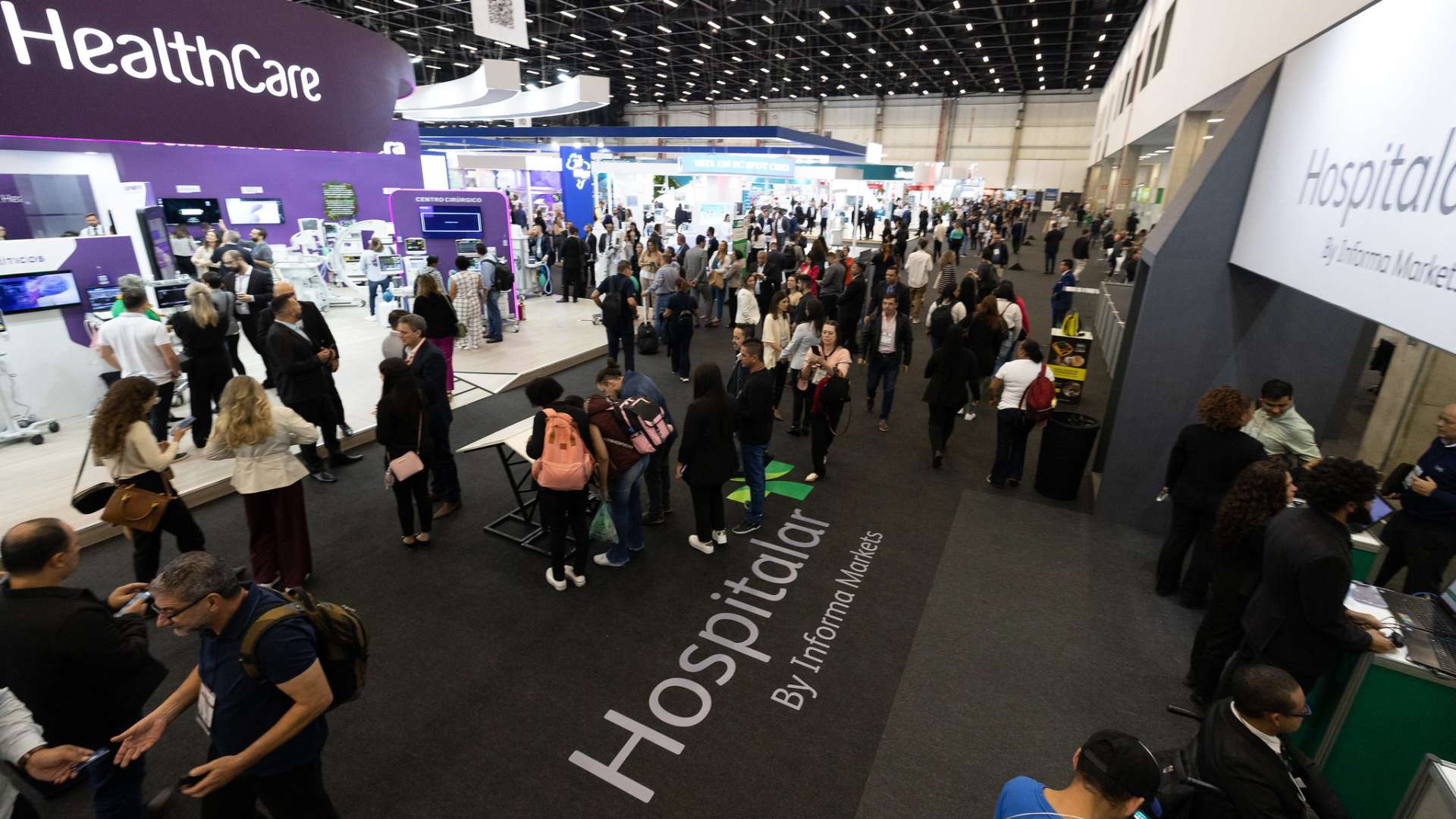
More than $114,855 million have been earmarked in the 2021 Budget – under a special health fund – for expenses aimed at resolving surgical waiting lists in public hospitals. Until before the pandemic – according to data as of March 2020 – a patient had to wait an average of 348 days (almost a year) to have access to surgery; however, by March 2021 that figure grew to 558 days (18 months): an increase of 60%. According to that same update, approximately 291,207 patients are currently awaiting surgery. And while this number has not grown exponentially during the pandemic, health authorities and experts explain that this is because many patients have not been diagnosed due to the additional difficulties generated by the pandemic, particularly in terms of access to specialty medical checkups and examinations. Therefore, it is feared that once the pandemic is brought under control, it will unleash a wave of chronic diseases burdening the public health network. In this context, at the end of 2020, the National Health Fund (Fonasa) decided to tender non-GES (Explicit Health Guarantees) surgical waiting lists, both to public providers – during non-institutional hours; namely, increasing operative hours of surgical pavilions – and, for the first time, to private clinics. The result? The process was closed by the end of May and in the case of the private sector, 35 private clinics and medical centers were awarded some of the 17 specialties tendered. On the other hand, 57 public health centers also submitted their bids to provide these services during non-institutional working hours. Source: La Tercera


 ExpoSalud will participate in Hospitalar, the main exhibition of the health sector in Brazil.
ExpoSalud will participate in Hospitalar, the main exhibition of the health sector in Brazil.
 Expo Salud 2023, the largest meeting and offer of the healthcare industry arrives in Santiago this Tuesday
Expo Salud 2023, the largest meeting and offer of the healthcare industry arrives in Santiago this Tuesday
 Proposals of presidential candidates in health matters gathered attention from eisach at Expo Hospital 2021
Proposals of presidential candidates in health matters gathered attention from eisach at Expo Hospital 2021
